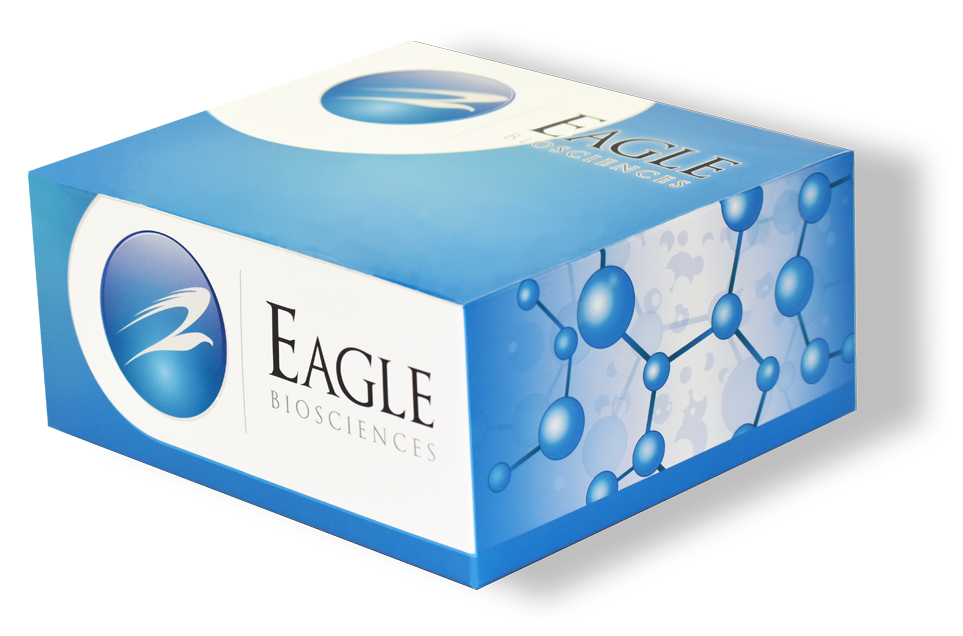Fecal Giardia lamblia antigens are proteins shed by the parasite during infection and are detectable in the stool of infected individuals. These antigens, including Variant-specific Surface Proteins (VSPs) and Cyst Wall Proteins (CWPs), are released by trophozoites and cysts residing in the gastrointestinal tract. Because these antigens are present even when parasite shedding is intermittent, they provide a reliable biomarker for the detection of giardiasis, especially when microscopy fails to identify cysts or trophozoites.
In clinical diagnostics, fecal antigen testing has become a preferred method for detecting Giardia lamblia infection due to its high sensitivity, specificity, and ease of use. Immunoassays such as ELISA and rapid lateral flow tests are commonly used to detect Giardia antigens in stool samples. These assays are especially helpful in pediatric populations, during outbreak investigations, or in low-resource settings where microscopy expertise is limited. In research, fecal antigen detection is used to monitor infection prevalence, evaluate treatment efficacy, and assess environmental contamination or public health interventions. The non-invasive nature of stool antigen testing makes it an invaluable tool for both clinical diagnosis and epidemiological studies.
This product is manufactured in USA by Eagle Biosciences.

